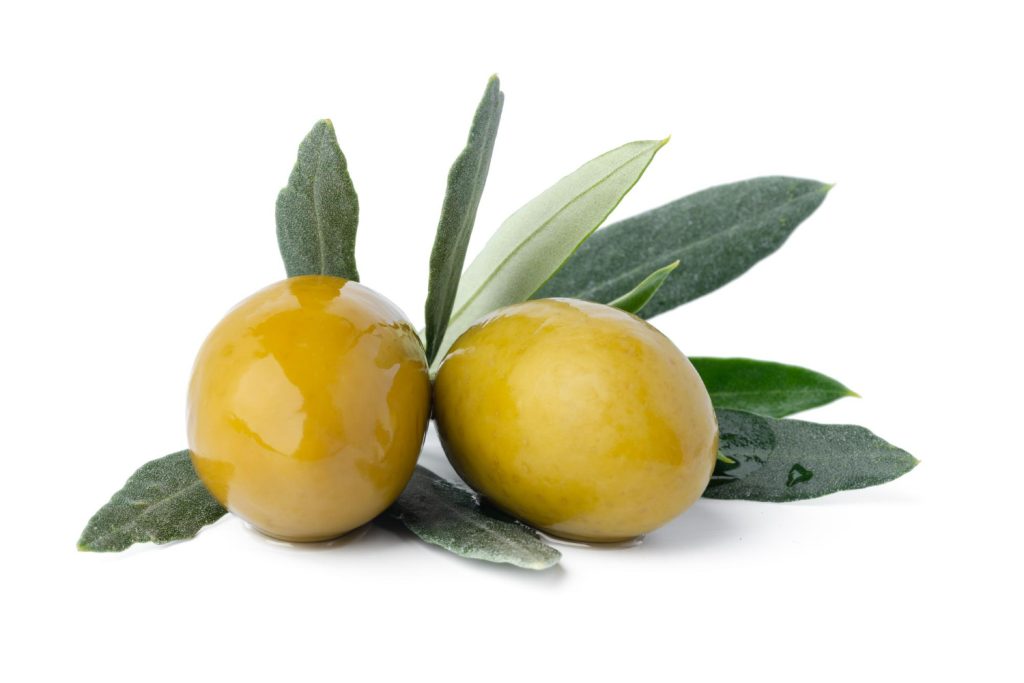In recent years, gardening activities at home have surged in popularity, with a staggering 55% of American households now embracing the joy of cultivating plants. However, many gardening enthusiasts encounter a common hurdle – limited space to garden. That’s where dwarf olives come to the rescue. These remarkable plants offer a delightful solution, combining beauty, utility, and convenience for small garden spaces or container gardening.
Dwarf olives, also known as “Olea europaea ‘Dwarf,” are compact versions of the traditional olive tree. Despite their diminutive size, they pack a punch in terms of benefits and versatility. Typically reaching a height of about 4 to 6 feet (1.2 to 1.8 meters), dwarf olive trees exhibit slow growth habits, making them manageable for smaller outdoor areas or even indoor gardening. Their slender, silvery-green leaves and striking grey bark add a touch of elegance to any landscape.
While dwarf olives are cherished for their ability to produce olives, they are equally admired as ornamental plants. Their aesthetic appeal and manageable size make them ideal candidates for landscaping and decorative gardening projects. Beyond their beauty, these trees serve as functional assets for those with limited gardening space, as they thrive in containers, allowing gardeners to cultivate them on patios, balconies, or even window sills.
The following sections will explore the health benefits, nutritional content, and usage of dwarf olives, as well as practical tips for incorporating these delightful trees into your gardening endeavors.

Dwarf Olives Nutritional Content
Dwarf olives boast a rich nutritional profile, offering essential vitamins like vitamin E, a potent antioxidant supporting skin health and immunity. They also provide minerals like iron, calcium, and potassium, promoting bone strength and muscle function. Antioxidants , such as polyphenols and oleuropein, safeguard against oxidative stress and inflammation.
Consuming olives has been linked to reducing heart disease risk, improving cholesterol levels, and supporting overall cardiovascular health. Additionally, their healthy monounsaturated fats contribute to a balanced diet, aiding in weight management and reducing the risk of chronic diseases. Incorporating these nutritious gems into your meals enhances well-being and adds a burst of flavor to your palate.
Health Benefits Of Olives
Olives are packed with health benefits and offer a range of advantages for the body. Below are some of the most prominent health benefits associated with consuming olives:
- Heart Health: Olives’ monounsaturated fats play a vital role in heart health. Being a rich source of oleic acid, these healthy fats effectively reduce LDL cholesterol, commonly known as bad cholesterol, while simultaneously increasing HDL cholesterol, the beneficial type. This not only optimizes your lipid profile but also promotes overall cardiovascular health. By mitigating LDL buildup in arteries, olives help prevent atherosclerosis and reduce the risk of heart disease and stroke. Additionally, they contain polyphenols that enhance blood vessel function and reduce inflammation in the cardiovascular system, promoting overall heart health and longevity.
- Antioxidant Properties: Olives are packed with powerful antioxidants like polyphenols, vitamin E, and oleuropein, which combat oxidative stress caused by free radicals. These antioxidants neutralize harmful molecules, reducing cellular damage and lowering the risk of chronic diseases, including cancer and neurodegenerative conditions. Their ability to scavenge free radicals and protect cells from damage contributes to enhanced immune function, skin health, and overall well-being, making olives a valuable addition to a balanced diet.
- Anti-Inflammatory Effects: Olives contain compounds like oleocanthal and oleuropein, which exhibit potent anti-inflammatory effects. These natural substances help suppress the production of pro-inflammatory enzymes, alleviating inflammation in the body. The anti-inflammatory properties of olives contribute to reduced joint pain, improved digestive health, and better overall immune function. Regular consumption of olives may benefit individuals with conditions like arthritis, inflammatory bowel disease, and other inflammatory ailments, promoting a healthier, more comfortable lifestyle.
Olive Usage In Food Preparation
Culinary Uses
Olive usage in food preparation spans a wide array of culinary delights. Olive oil, a staple in Mediterranean cuisine , adds rich flavor and health benefits to salads, pasta dishes, and marinades. Table olives, available in various types like green, black, or Kalamata, serve as delectable snacks or additions to salads, pizzas, and tapenades. Olives are also integral to iconic dishes like Greek moussaka, Spanish paella, and Italian puttanesca sauce, infusing these cuisines with their distinctive taste. Across the globe, olives play a pivotal role in creating robust flavors that elevate the enjoyment of countless meals.
Recipes
- Mediterranean Olive Tapenade:
Blend pitted black olives, capers, garlic, lemon juice, and olive oil until smooth. Serve as a delectable spread on toasted bread or as a flavorful accompaniment to grilled vegetables and meats. - Pasta with Olives and Cherry Tomatoes:
Sauté cherry tomatoes, black olives, garlic, and red pepper flakes in olive oil. Toss with cooked pasta, fresh basil, and grated Parmesan for a quick, satisfying pasta dish. - Stuffed Mediterranean Chicken:
Create a pocket in boneless chicken breasts and stuff with a mix of chopped olives, feta cheese, and herbs. Bake until the chicken is tender and serve with a side of roasted vegetables for a delightful and wholesome meal. - Olive and Herb Focaccia:
Knead chopped olives, rosemary, and thyme into the focaccia dough. Bake until golden brown and fragrant. Serve the savory bread with olive oil and balsamic vinegar for dipping.
Dwarf olives present a remarkable solution for gardening enthusiasts facing space constraints, offering an elegant and manageable option for small gardens or container gardening. These mini powerhouses of health boast a rich nutritional profile, abundant in vitamins, minerals, and antioxidants, promoting heart health, combating oxidative stress, and reducing inflammation. With their culinary versatility and ability to elevate a range of dishes, incorporating dwarf olives not only enhances the dining experience but also contributes to overall well-being. Embrace the wonders of dwarf olives, both in your garden and on your plate, and savor the benefits they bring to your life.
